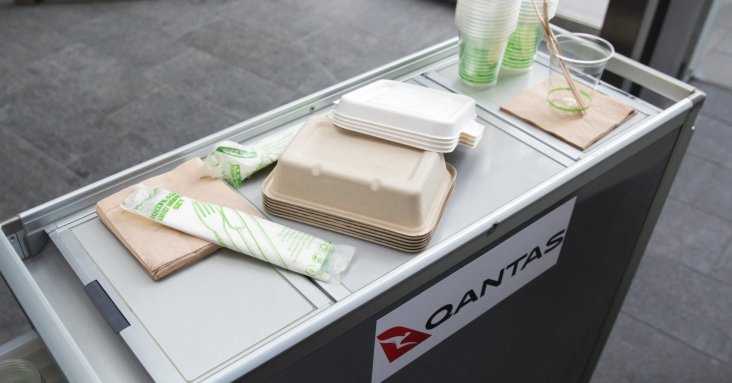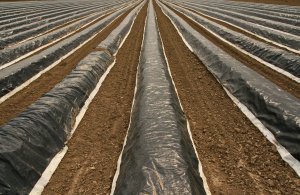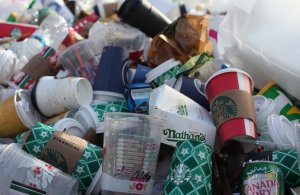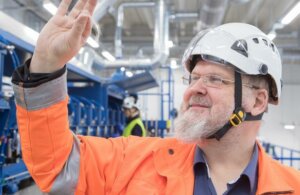The BioPak trial is part of Qantas' efforts to cut 100 million single-use plastics by the end of 2020 and to eliminate 75 per cent of the airline's waste by 2021. (Credit: businessnewsaus.com.au)
According to an article on businessnewsaus.com.au BioPak's compostable packaging will be commercially composted in Adelaide and will replace Qantas' single-use plastics and disposable food packaging previously used.
"We are delighted to team up with Qantas Group in what is an unprecedented step forward in fighting the war on waste," says BioPak CEO Gary Smith.
"This is the most ambitious waste reduction target of any major airline globally, and we are truly excited to be at the forefront in providing state-of-the-art, eco-friendly products that solve the impending issue of single-use plastics.
"Innovation is at the heart of what we do. For more than a decade we have been working with companies across Australia and NZ to provide a viable solution to our current waste crisis, and it is wonderful to see Qantas Group join our ever-expanding network."
BioPak packaging is made from plants, using a range of renewable materials that are responsibly sourced. Their sustainable, innovative and certified compostable packaging solutions are designed for a circular economy where there is no waste.
The BioPak trial is part of Qantas' efforts to cut 100 million single-use plastics by the end of 2020 and to eliminate 75 per cent of the airline's waste by 2021.
"In the process of carrying over 50 million people every year, Qantas and Jetstar currently produce an amount of waste equivalent to 80 fully-laden Boeing 747 jumbo jets," says Qantas domestic CEO Andrew David.
"We want to give customers the same level of service they currently enjoy, but without the amount of waste that comes with it."
David said this flight would typically produce 34 kilograms of waste with the Sydney to Adelaide route producing 150 tonnes of waste annually.
"This flight is about testing our products, refining the waste process and getting feedback from our customers," he said.
About 1000 single-use plastic items were substituted with sustainable alternatives or removed altogether from the flight, including individually-packaged servings of milk and Vegemite.
Alternative products used during the flight include meal containers made from sugar cane and cutlery made from crop starch, all of which is fully compostable.








